Grade Exam Syllabus vs. Customised Lessons: Which is Best for Singers?
When it comes to vocal training, singers often face a choice between following a structured grade exam syllabus or opting for customized lessons tailored to their individual needs. Both approaches have their unique advantages, and understanding these can help you make an informed decision about your vocal education. Let’s explore the benefits of each method to see which might be the best fit for you.
The Benefits of Following a Grade Exam Syllabus
1. Structured Learning Path A grade exam syllabus provides a clear, structured path for learning. Each grade builds on the previous one, ensuring a comprehensive development of vocal skills. This structured approach helps singers systematically improve their technique, repertoire, and musical knowledge.
2. Clear Goals and Milestones With a grade exam syllabus, you have specific goals and milestones to achieve. Each exam serves as a benchmark for your progress, giving you a sense of accomplishment and motivation to continue advancing. This can be especially beneficial for singers who thrive on setting and achieving goals.
3. Standardized Assessment Grade exams offer standardized assessment criteria, providing an objective measure of your skills and progress. This can be valuable for singers who wish to have their abilities recognized through formal certification, which can be beneficial for academic or professional opportunities.
4. Broad Repertoire Exposure Following a grade exam syllabus exposes singers to a wide range of musical styles and pieces. This helps in developing versatility and broadening musical horizons. Singers often discover new genres and composers they might not have encountered otherwise.
5. Development of Comprehensive Skills Grade exams typically cover various aspects of musicianship, including sight-reading, aural skills, and theory. This holistic approach ensures that singers develop a well-rounded set of skills, which is crucial for their overall musical development.
The Benefits of Customized Lessons
1. Tailored to Individual Needs Customized singing lessons are designed to meet the specific needs and goals of the individual singer. Whether you want to focus on a particular genre, improve certain techniques, or work on specific songs, customized lessons provide the flexibility to address your unique requirements.
2. Flexible Learning Pace With customized lessons, you can learn at your own pace. If you need more time to master a particular skill or if you want to progress faster, your lessons can be adjusted accordingly. This personalized approach ensures that you are neither rushed nor held back.
3. Focus on Personal Goals Customized lessons allow you to focus on your personal musical goals, whether it's preparing for a performance, audition, or simply improving your singing for personal satisfaction. Your teacher can design lessons that align with your aspirations and interests.
4. Adaptable and Responsive Customized lessons are highly adaptable and can respond to your changing needs. If you encounter challenges or if your goals shift, your teacher can modify the lesson plan to keep you on track and motivated.
5. Enhanced Engagement and Motivation When lessons are tailored to your interests and goals, you are more likely to stay engaged and motivated. Singing becomes more enjoyable, and you are more likely to practice regularly and enthusiastically.
Conclusion
Both grade exam syllabus-based lessons and customized lessons offer significant benefits for singers. If you thrive on structure, clear goals, and a comprehensive skill set, a grade exam syllabus might be the best choice for you. On the other hand, if you prefer flexibility, personalized attention, and a focus on your individual goals, customized lessons could be more suitable.
Ultimately, the best approach depends on your personal learning style, goals, and preferences. Some singers even benefit from a combination of both methods, using the structure of a syllabus to guide their development while incorporating customized elements to address specific needs and interests. Whichever path you choose, the key is to stay dedicated, practice regularly, and enjoy the journey of discovering and honing your unique voice.
We Get this question quite often from the students, or - parents’ of students.
